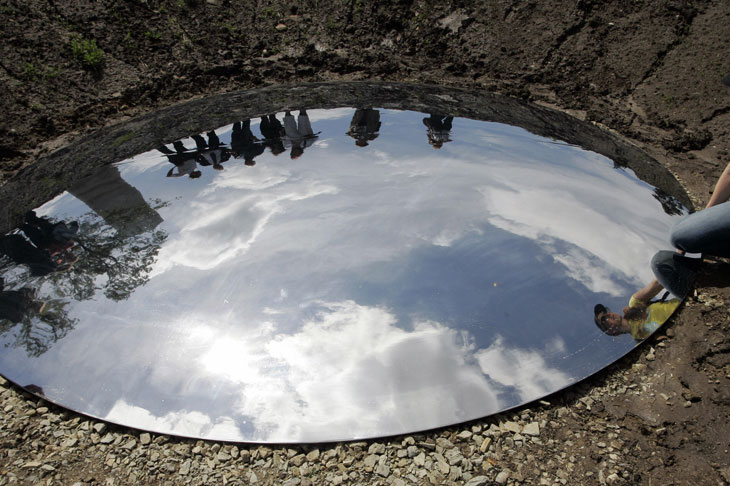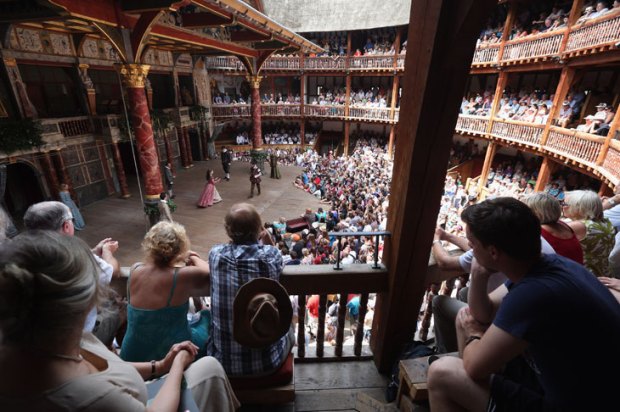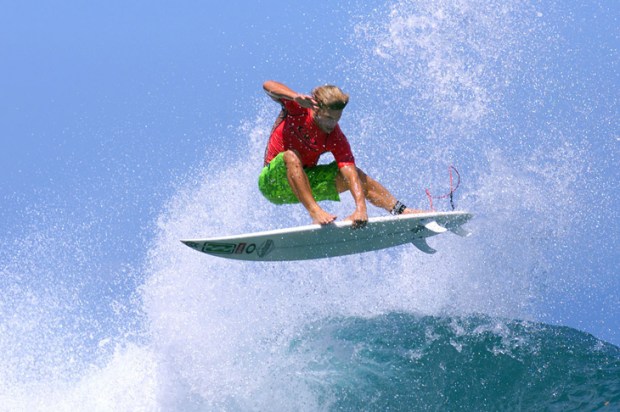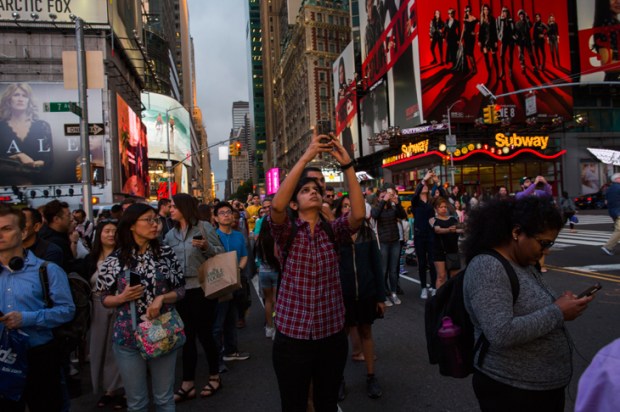Confirmation that we had finally left Australia’s increasingly stultifying wokeness behind came when our Qantas jet touched down in Singapore. Unlike Qantas landings on home soil, the chief steward’s welcome to the island nation didn’t include an acknowledgement of its traditional owners, let alone express his corporation’s heartfelt respect for the region’s past, present and emerging elders.
Already a subscriber? Log in
Subscribe for just $2 a week
Try a month of The Spectator Australia absolutely free and without commitment. Not only that but – if you choose to continue – you’ll pay just $2 a week for your first year.
- Unlimited access to spectator.com.au and app
- The weekly edition on the Spectator Australia app
- Spectator podcasts and newsletters
- Full access to spectator.co.uk
Or
Unlock this article
You might disagree with half of it, but you’ll enjoy reading all of it. Try your first month for free, then just $2 a week for the remainder of your first year.














Comments
Don't miss out
Join the conversation with other Spectator Australia readers. Subscribe to leave a comment.
SUBSCRIBEAlready a subscriber? Log in